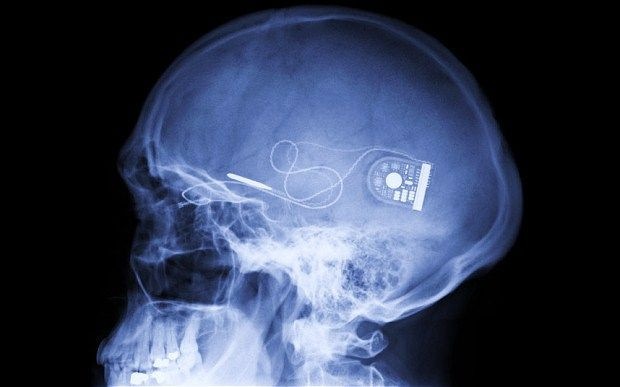Electronic Retinal Implants Restores "Useful Sight" in 2 UK Patients

Two UK patients suffering from a genetic form of blindness called retinitis pigmentosa (RP) who have been totally blind for many years have regained “useful vision” weeks after having they were surgically fitted with light-sensitive microchip in the back of their eye.
The male patients, participants of a clinical trial carried out at the Oxford Eye Hospital and King's College Hospital in London, were able to perceive light and were even able to distinguish some shapes and outlines right after the microchip implants were activated.
"What makes this unique is that all functions of the retina are integrated into the chip," Professor Robert MacLaren, who led the surgical team, said in a university news release.
The implant works by mimicking the natural process of which the eye identifies light and sends messages to the brain, but the brain must “relearn” how to see years after total blindness. Doctors hope that patient vision will continue to improve the longer they use the chip.
The 3mm square retina implant microchip are made by German-based company Retina Implant AG, and contain 1,500 electrodes, or light detectors that copy the function of natural photoreceptor rods and cones, that are implanted below the retina, allowing the optic nerve to recognize electronic signals and helping patients, who were once blind, recognize foreign objects and to read letters to form words.
Chris James and Robin Millar were the two patients that were fitted with the implants.
James, 54, a council worker from Wiltshire became completely blind in 2003, was the first to be fitted with the implants, and then Millar, 60, a music producer based in London was operated on a week later.
“As soon as I had this flash in my eye, this confirmed that my optic nerves are functioning properly which is a really promising sign,” Chris said in a news release. “It was like someone taking a photo with a flashbulb, a pulsating light, I recognized it instantly.”
"I have even dreamt in very vivid color for the first time in 25 years so a part of my brain which had gone to sleep has woken up!" Millar said in a statement. "I feel this is incredibly promising for future research and I'm happy to be contributing to this legacy.
Both Chris and Millar are still undergoing follow-up testing of their newly implanted microchips, and MacLaren said that he and his team are delighted with the initial results and he hopes that the electronic implants “will provide independence for many people who are blind from retinitis pigmentosa."
“If successful, this trial may lead to establishing the electronic retina as a standard treatment for patients with retinitis pigmentosa,” MacLaren said. “The device is not suitable at present for age-related macular degeneration, but advanced cases may benefit from it in future. It is not suitable for diseases that affect the optic nerve, such as glaucoma.”



























